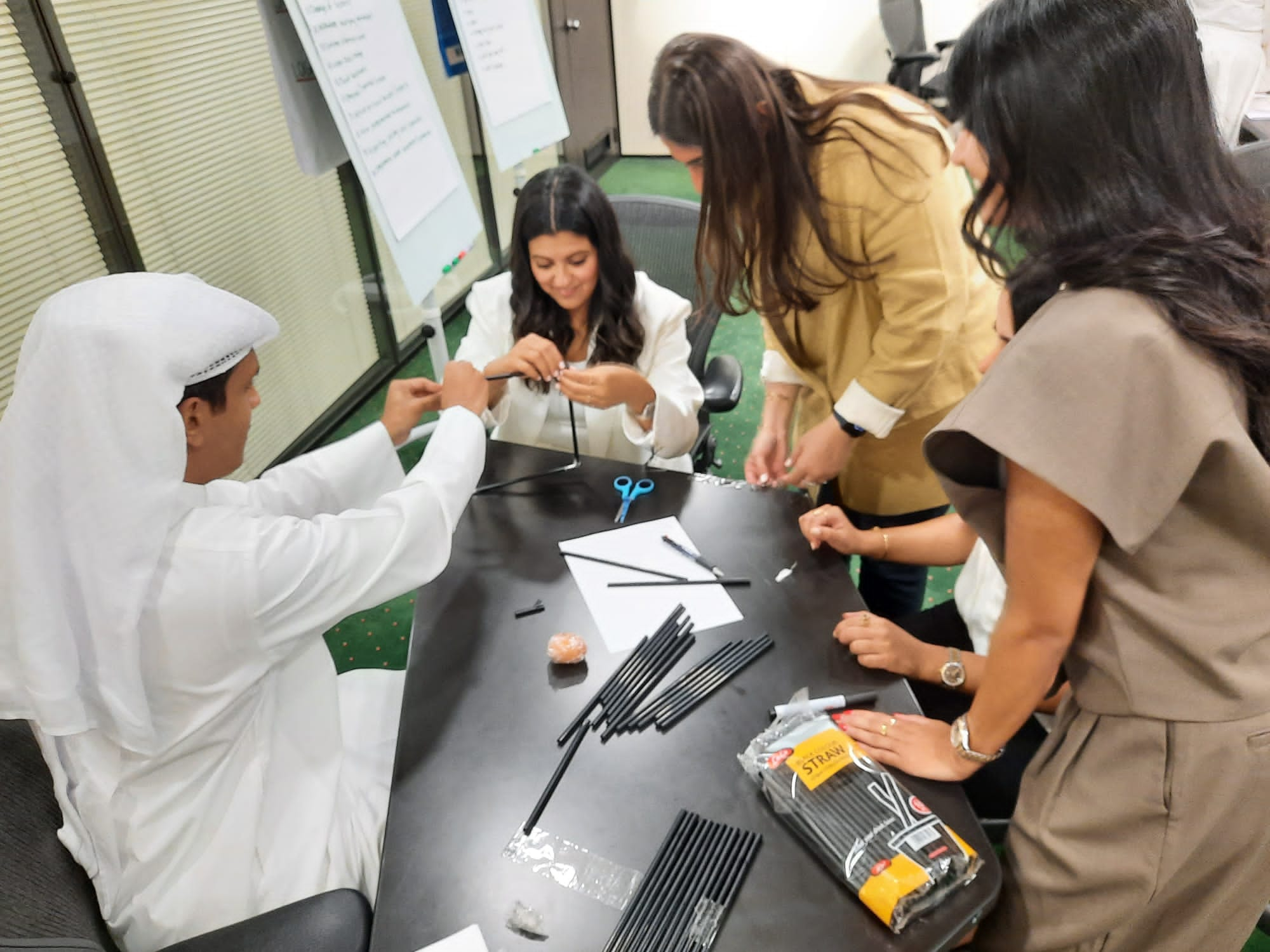Managing people Training
For Organisations Only
In-house training
- Face-to-face (flexible structure <15 people)
- Live virtual (flexible structure <15 people)
- Conferences and events (<500 people)
- With or without actors
- Fully customisable
Managing People – 2 Days
This energetic and engaging management skills course is aimed at supervisors, new managers, or managers who have not received formal management training. It explores many of the key areas of skill, knowledge and behaviour required by a supervisor or first-time manager and includes exploration of the theories associated with successful supervision and people management.
The programme will help participants to create and maintain a highly motivated team and deal with the practical needs of skilfully managing staff, on a day-to-day basis, to achieve agreed objectives. The course will suit those who have little or no experience of managing others.
Course Content
The role of the supervisor / manager
During this first session we explore the role of the supervisor/manager and its importance as a link between management and non-managerial staff. We build understanding on the different aspects of the role, the responsibilities, and the need to be flexible as well as effective. Through group discussion we understand the different supervisory styles required for different situations.
Key supervisory / management skills
This session will include setting and monitoring objectives to achieve results. How to apply the building blocks of motivation, whilst creating a positive working environment for all. This practical session also allows time for participants to apply the learning to their own individual management situations.
Communication skills
One of the key elements of being an effective supervisor is how the individual communicates in all aspects of the role, whether to team members, peers, or more senior management. This session focusses on how to be an effective communicator, the importance of listening and how to develop questioning techniques to facilitate meaningful discussion. The communication skills element of this course then moves onto how to successfully instruct another in a task.
Managing performance
The managing of individual and team performance is an essential skill to the success of any organisation. This session explores the process of developing peoples’ fullest abilities through delegation. The practical element focusses on the use of a 7 Step Delegation plan. Participants will also learn and have practice on how to plan and prepare for successful performance reviews, how to give feedback and manage any poor performance.
Coaching skills using grow
If individuals are to create an empowered workforce, then coaching is an essential skill. The content of this session centres on the coaching process using the GROW model. The session is very practical involving participants in scenario-based activity to try out the coaching process, coaching techniques and bring their questioning learning in too.
Coaching session review
Following a review of the practical activity, participants are provided with feedback from peers and the trainer. Looking forward participants discuss what specific actions they intend to implement.
Lets get started...
Contact us with your availability for a call and we will send you a proposal, programme outline and quotation for your learning and development project.
Use Actors in Your Training
Through clever script writing, goose-bump inducing delivery and professional facilitation we can bring so much to life. We stimulate emotion, penetrate the long-term memory and create lasting change.
When we use live drama, we are able to have the actors play out the scenario and then be hot seated for the audience to ask them questions whilst they remain in character. Hot seating works so well because actors work with a pre-rehearsed backstory, so they are able to respond in character. They progressively reveal unexpected elements of their story that will not have previously been told. It can bust assumptions that the audience might have made based on the scenario (situation) but not fully understanding the impact at first sight.
Using actors in this programme enables us to bring to:
- See a typical situation from a different perspective
- Give attendees a chance to challenge the actors whilst they are still in character
- Demonstrate that things aren’t always what they seem at first glance
- Provide delegates with an opportunity to test out alternative ways of approaching different situations
- Create an experience which stays in the long-term memory
Case Study

Kuwait Fund for Arab Economic Development
Upskilling engineering, architectural and bio-medical graduates“I want to take the chance to thank you again for this wonderful course, it’s been my absolute pleasure and honour to be trained by you. I honestly learned a lot during this week, I hope we will keep in touch.”
READ FULL CASE STUDY